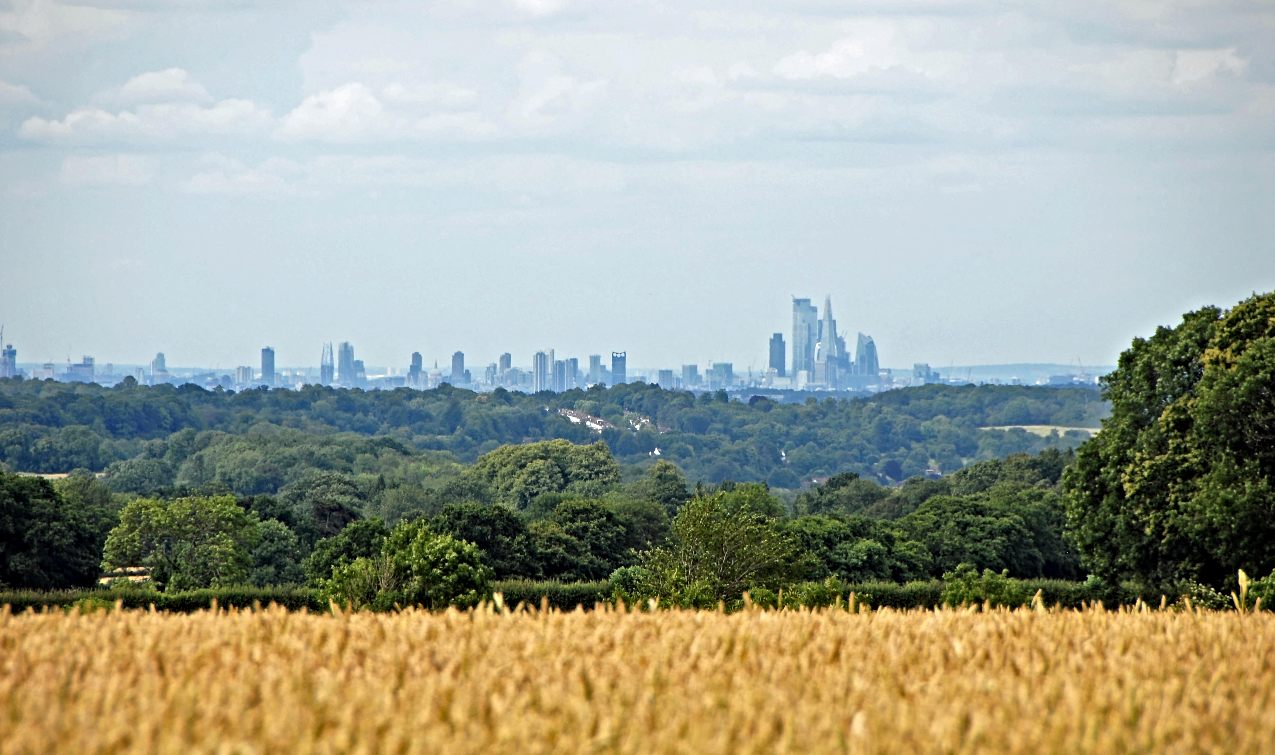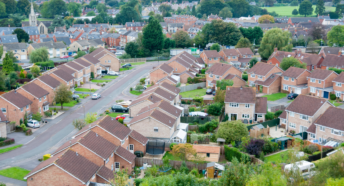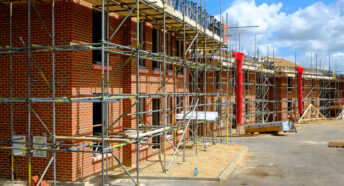There’s already enough suitable land to meet targets for new homes, we find
We’ve released a new report which shows that, contrary to government claims that the current planning system is slowing down housebuilding, we already have enough brownfield land to accommodate 1.3 million new homes.
Our annual appraisal of the brownfield land available across England has shown that there’s already space for enough homes to meet government ambition – and many already have planning permission in place.
This government has stated an ambition to build 300,000 homes per year for the next five years. This is good news, as the housing crisis bites deeper and homelessness figures rise – not least in rural areas. We know that too many people are seeking homes in rural areas, including our invaluable key workers, so we applaud the desire to create new housing.
A ‘grave misdiagnosis’ of the problem
But claims that the planning system is what’s obstructing these aims are clearly unfounded. Our research, released in the 2020 edition of our annual ‘Recycling our land: the state of brownfield’ report, has found that there’s already enough brownfield land available to meet the government’s own targets.
The potential of brownfield land – land that’s previously been built on, and now sits derelict or vacant – is something that we at CPRE are passionate about. We want to see this neglected land be recycled and used for housing, especially where it can be repurposed and used instead of Green Belt or the countryside.
And not only is there enough space on brownfield sites for 1.3 million homes but over a third of these plots – half a million – already have planning permission in place, meaning they’re ‘shovel-ready’ and waiting.
It seems the planning system, the target of controversial new government proposals that would see its regulations loosened, is not what’s slowing down building. Our chief executive, Crispin Truman, said:
‘Today’s figures clearly show that the planning system is not what is ailing our housing market. It’s clear the government have gravely misdiagnosed the problem. It is slow build-out rates and market-led housing that are blocking the quality affordable housing that rural communities are crying out for’.
Change in the wrong places
Crispin went on to question the need for the government’s proposed seismic changes to the planning system, asking:
Rather than focus energies on changing the existing planning system, we at CPRE are urging an approach that instead focuses on developing brownfield land – underused, derelict and ready to be recycled – before other sites.
It makes the most sense to us that suitable previously-developed land is prioritised for redevelopment far before considering green spaces and countryside. As Crispin puts it, brownfield can be ‘a real prize’.
And an approach that looks to brownfield land first would work well for many of the areas across England with a high housing need. London, Manchester, Birmingham, Leeds and Sheffield have identified brownfield land available for regeneration that would provide nearly half a million homes.
Brownfield-first to build back better
Crispin notes the government’s ambition to ‘build back better’ and help restore the economy following the coronavirus pandemic, asking:
‘What says ‘build back better’ more than adopting a truly ‘brownfield-first’ approach that will breathe new life into the long forgotten and derelict areas in our towns, cities and villages?
‘As things stand, the government’s proposed changes will result in a free-for-all, allowing big housebuilders to build what they like, where they like, and when they like.
‘Now more than ever, it’s vital that the government listens to local communities, promotes a genuinely ‘brownfield-first’ policy and brings forward more brownfield sites for development so we can build more affordable, well-designed homes.’
Want to add your voice to our calls on the government to rethink their proposed and, it seems, unhelpful changes to the planning system? Add your name to the tens of thousands of people who have signed our petition against the deregulation now.
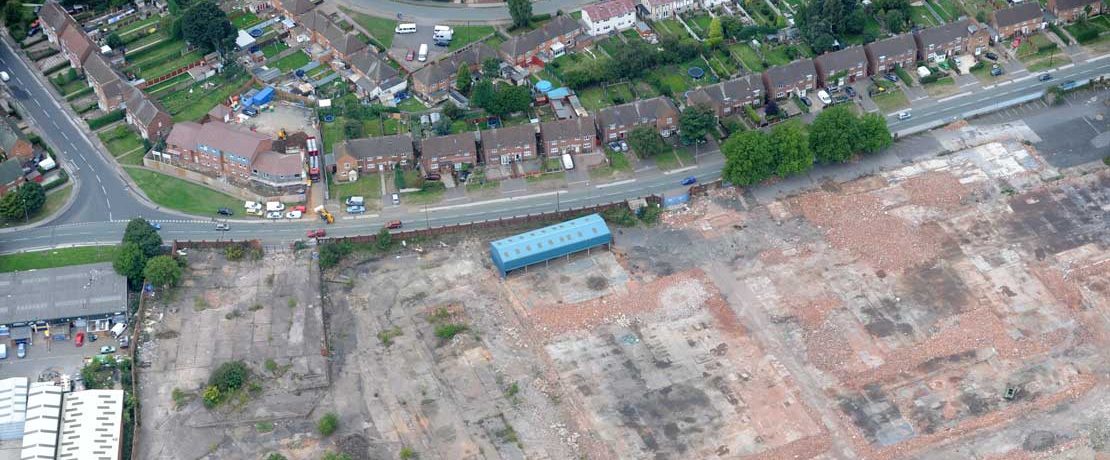



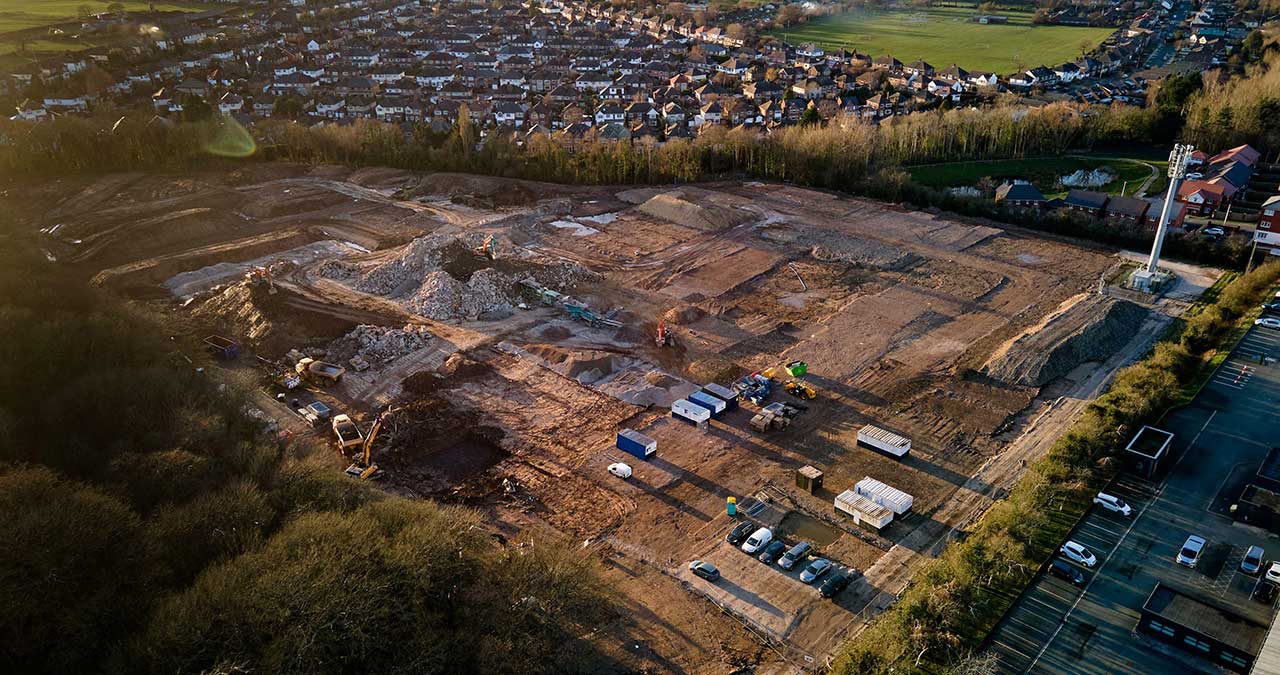
 8 min read
8 min read 
